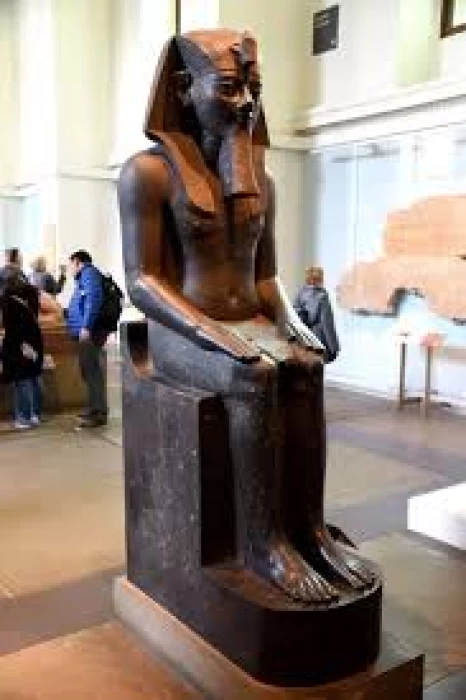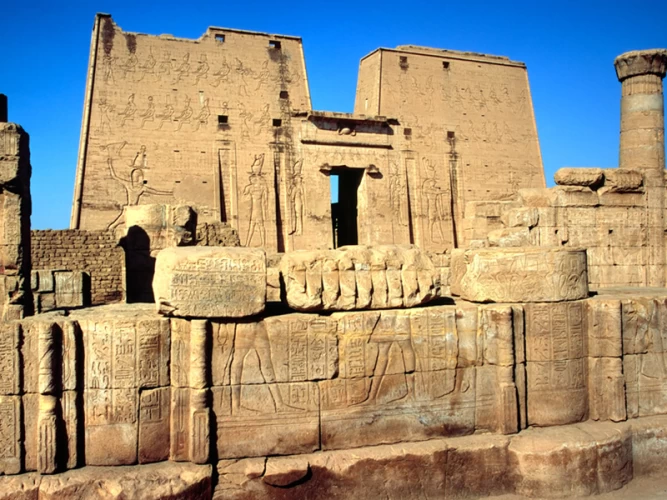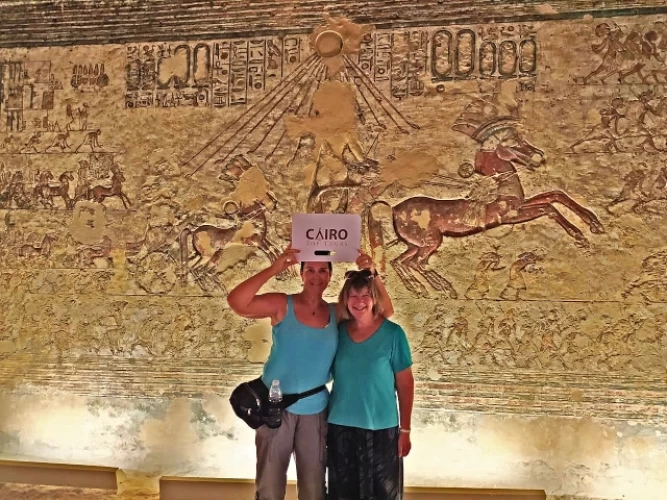
阿蒙霍特普三世国王
巴哈里亚绿洲的El Qasr村
埃及第十七王朝的第九位统治者是阿蒙诺菲斯三世,他接替了他的父亲图特摩斯四世,他有一个儿子阿肯那顿(Akhenaten),与蒂伊女王一起继位。 阿蒙霍特普似乎在他还是一个小孩的时候被加冕,很可能在六到十二岁之间。
他的统治分为两个主要时期。 在执政的最初几年,他以他父亲的前任阿蒙霍特普二世的风格出现,是一位年轻而坚强的国王。 然后,在接下来的25年里,他强调了建设伟大作品的政策以及他的儿子和继任者阿蒙霍特普四世(未来的阿肯那顿)的共同方向。 法老一生中最重要的事件之一是他与伟大的皇室妻子Tiye的婚姻,Tiye在他统治期间发挥了重要作用。
不幸的是,当拉美西斯二世将其用作自己寺庙的采石场时,他的太平间寺庙被摧毁,这是有史以来建造的同类中最大的。 只有站在入口处的两座巨大雕像幸存下来. 这两座雕像被称为"Memnon的Colossi"或"Memnon的歌唱乔西"。 这两座巨大的雕像是用石头做成的,可以追溯到18世纪。 他们描绘了坐在宝座上的国王。 它们由石英岩制成。 他们被建造成为圣殿的守护者。 这座寺庙因埃及的地震和洪水而被摧毁。
这两个州以Memnon命名,Memnon是一位伟大的埃塞俄比亚英雄,他带领他的军队从非洲到亚洲。 根据神话Memnon是Eos的凡人儿子。 他们把唱歌的雕像称为雕像,因为地震把它们从它们的上部击碎,每天黎明时都会发出噪音。
在他统治的早期,阿蒙霍特普是一个强壮的年轻人,喜欢运动和狩猎。 在他担任国王的第五年,他率领远征努比亚,以平息叛乱,但没有必要进行军事活动。 阿蒙霍特普赞成和平种族而不是战争。
他嫁给了蒂耶女王,蒂耶在他统治期间支持他,同时也是一个生活伴侣,显然在她心爱的丈夫忙碌的时候控制着一切。 幸福的一对有6个孩子。 其中4个是女孩,在王国中有很大的地位。 他们最成年的儿子图特摩斯,在阿蒙霍特普三世的父亲之后被提名,作为一个孩子去世了。
这将王国留给了他们的第二个儿子阿蒙霍特普四世,他改名为Akhenaten。 当Akhenaten接手时,他并不是很成功。 他的儿子虽然着名,但也没有达到阿蒙霍特普三世统治图坦卡蒙的繁荣标准,尽管他的统治短暂而和平地结束,但他是有史以来最着名的埃及法老之一。
随着年龄的增长,阿蒙霍特普变胖,身体不好。 他的木乃伊显示他忍受了痛苦的牙齿疾病。
















